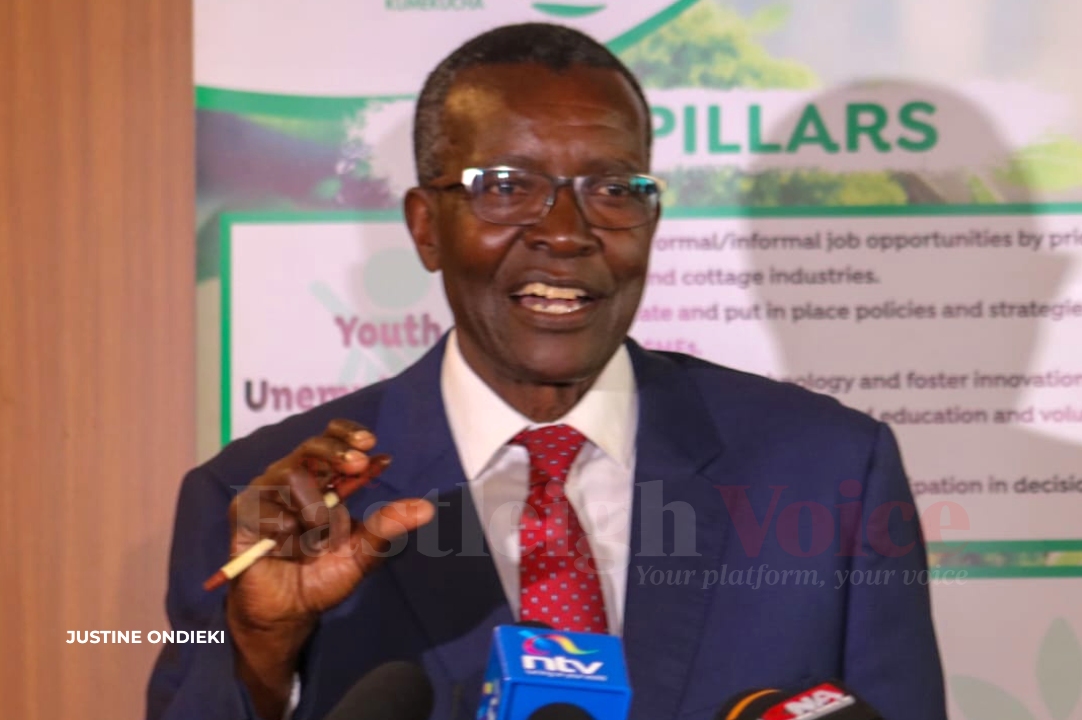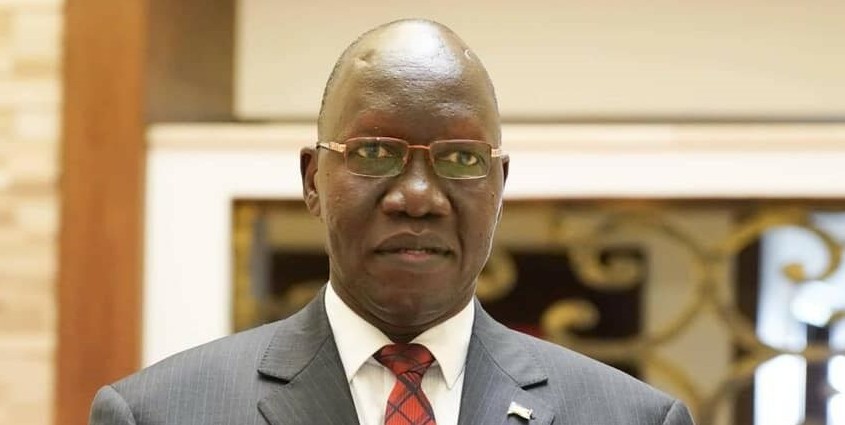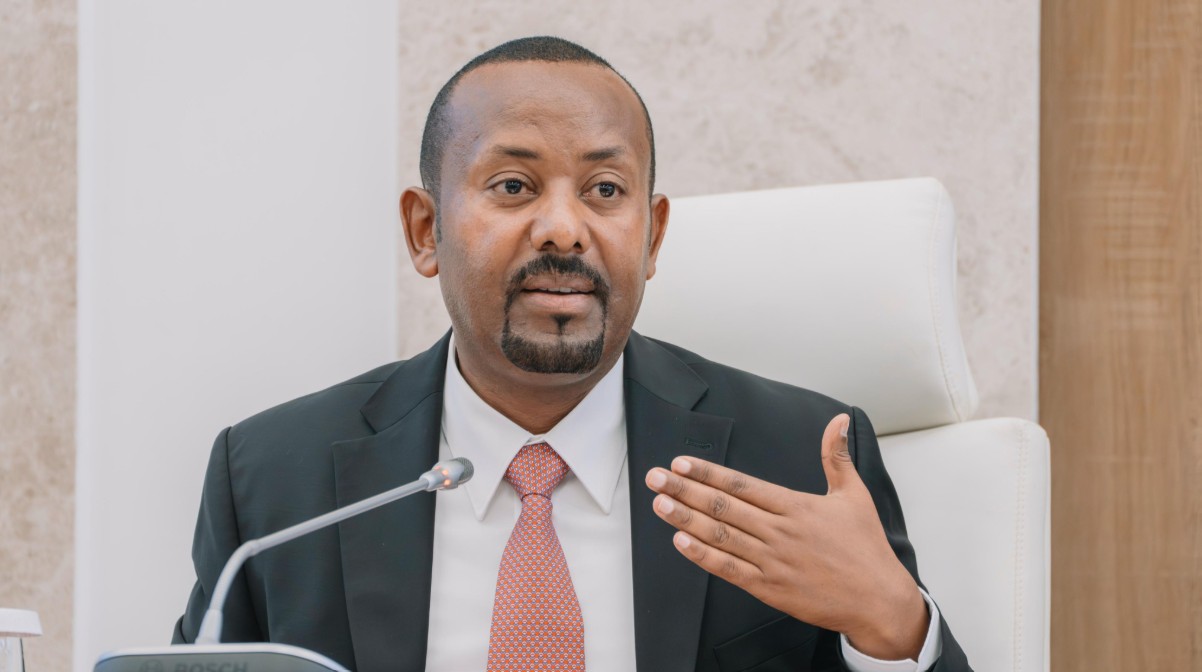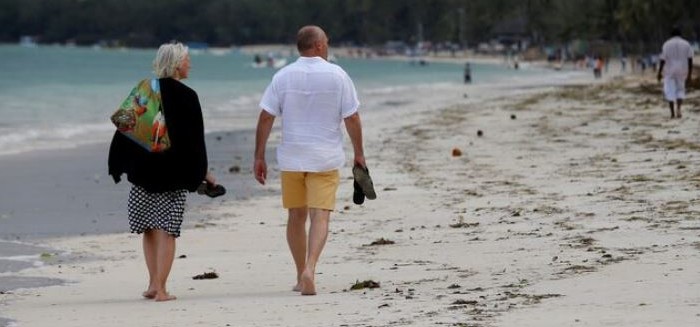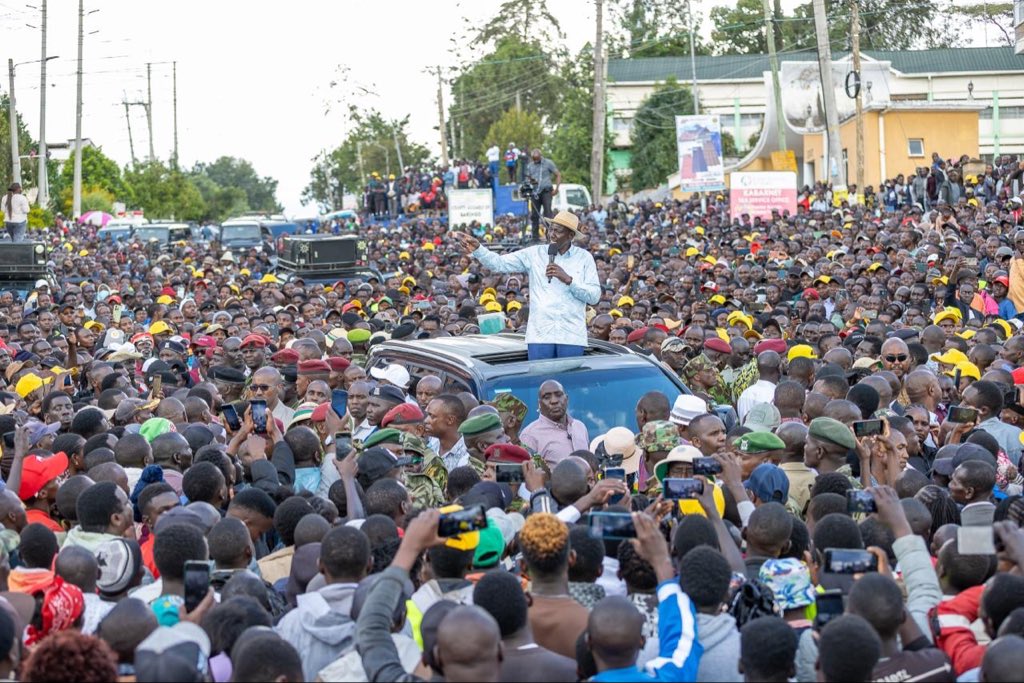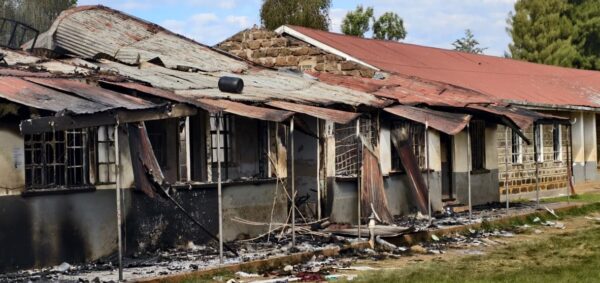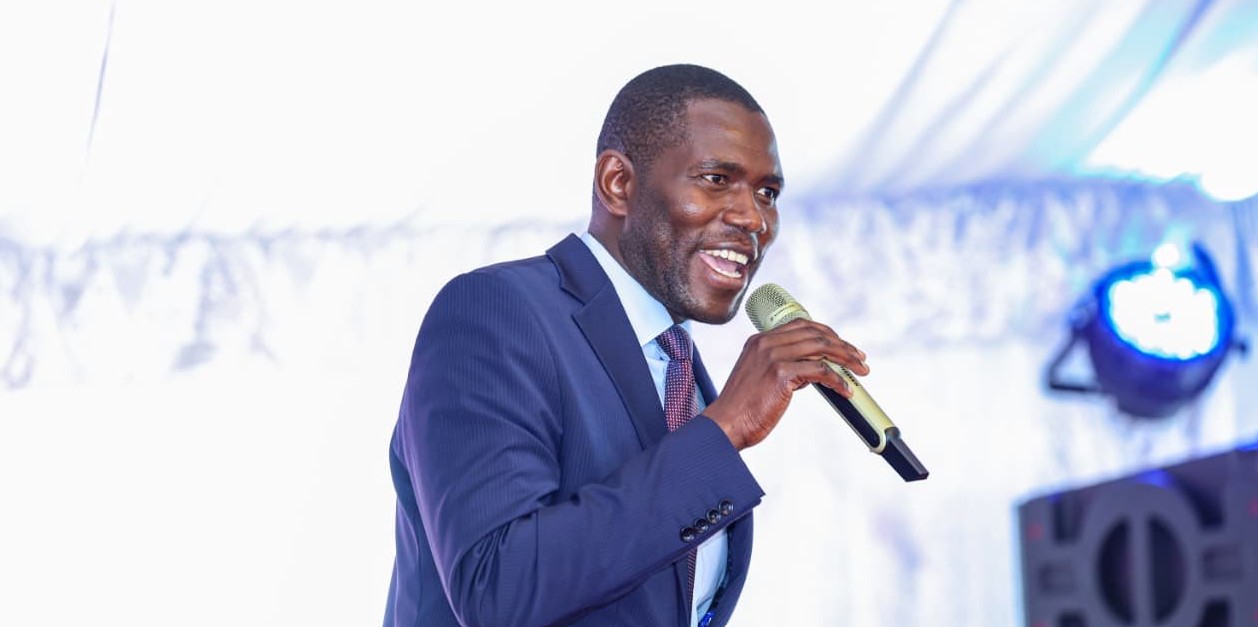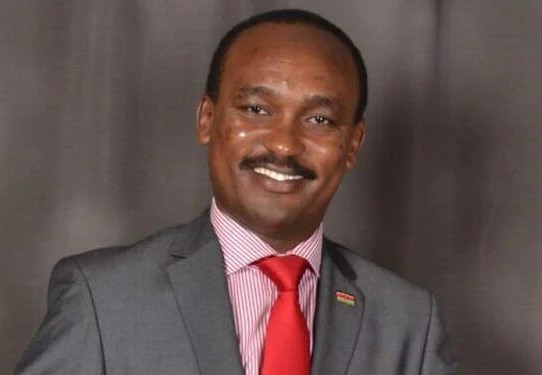Governor Sakaja targets Sh42.8 billion budget for 2024/25
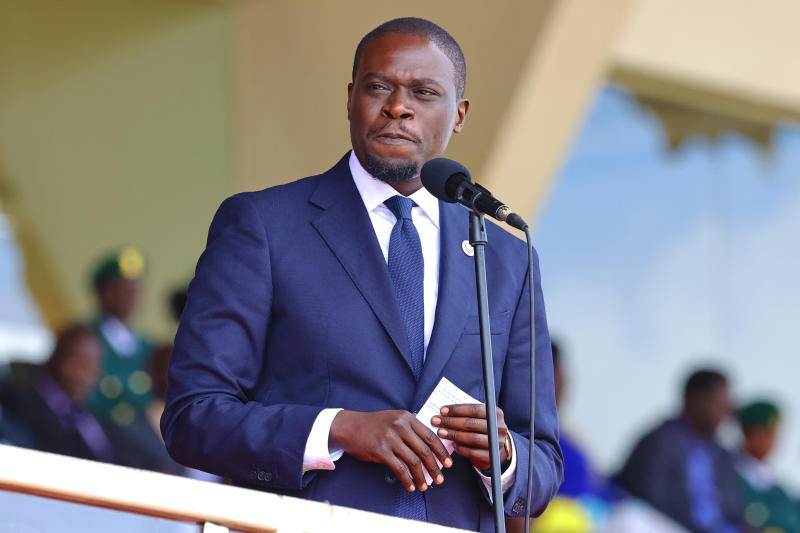
This represents a significant increase of Sh2.1 billion from the current budget of Sh40.7 billion.
Nairobi Governor Johnson Sakaja's administration is pushing for an ambitious budget of Sh42.8 billion for the Financial Year 2024/25, as outlined in the County Fiscal Strategy Paper, 2024 (draft). This represents a significant increase of Sh2.1 billion from the current budget of Sh40.7 billion.
"The projected revenue for FY 2024–25 is Sh42.8 billion. It is projected that Sh20.06 billion will be raised from own-source revenue, Sh1.35 billion from liquor boards and hospitals, and Sh20.85 billion from external revenue (equitable share and other grants)," reads the paper.
More To Read
- City Hall to launch crackdown on unauthorised buildings after regularisation deadline, Sakaja says
- City Hall to register roadside vendors in drive to widen tax base
- Government’s increased revenue strategy faulted amid missed targets, public backlash
- Githurai MCA asks EACC to probe Sh17 Million roadworks irregularities
- Nairobi residents express fury over unending drainage woes
- No new levies in 2026 budget as Treasury focuses on improving revenue efficiency
The proposed budget breaks down into Sh20.06 billion from its own source revenue (internal revenue) and Sh20.9 billion from external revenue, showcasing a balanced approach to financial sustainability.
The six key own-source revenue streams include: parking fees, rates, single business permits, house rents, building permits, and billboards and advertisements, account for nearly 80 per cent of the county's annual own-source revenue.
For Sakaja's second budget, the City Hall has set ambitious targets for key revenue streams, with rates at Sh6.7 billion, single business permits at Sh3.2 billion, parking fees at Sh3 billion, building permits at Sh2 billion, and billboards and advertisements at Sh1.2 billion.
In the current fiscal year, Nairobi had a target for rates of Sh5.6 billion, single business permits of Sh3 billion, parking fees of Sh3 billion, building permits of Sh1.8 billion, and billboards and advertisements of Sh1.2 billion.
City Hall acknowledges historical challenges in meeting revenue targets, attributing this to unreliable rates, low collection from single business permits, and inefficient parking fee collection. However, in FY 2022–23, own-source revenue reached Sh10.6 billion, the highest in the last five years, against a target of Sh18.2 billion.
Despite this positive development, Nairobi County continues to face scrutiny from Members of the County Assembly (MCAs) regarding its revenue collection systems.
Peter Imwatok, the Majority Leader, is leading a 13-member ad hoc committee that is investigating the county's underperformance in revenue collection compared to its annual expenditure. The committee is still in the process of finalising its probe.
Imwatok emphasised the need for a comprehensive probe into the system, stating, "Despite boasting several revenue streams, there has been gross underperformance as regards the county's annual revenue collection vis-à-vis its annual county expenditure."
Top Stories Today

